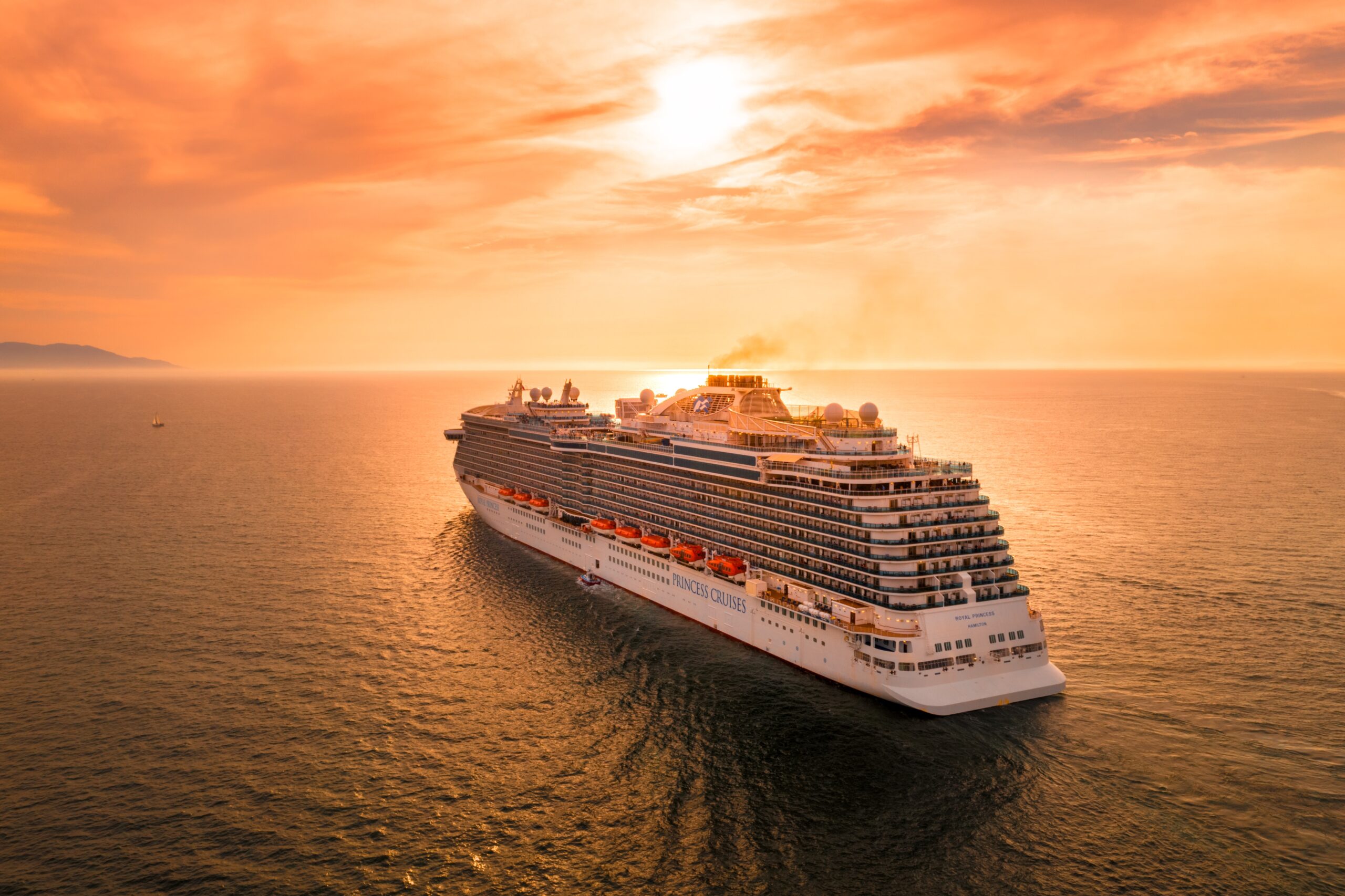If you’re thinking of getting a job on a cruise ship, it’s important to know both the pros and cons.
While there are certainly benefits to working on a cruise ship, like traveling the world and meeting new people, there are also challenges that should be taken into account.
In this blog post, we will explore some of the downsides of working on a cruise ship, so you can make an informed decision if this is the right career path for you.
What's Covered in This Article
Limited Food Options
One of the major drawbacks of working on a cruise ship is the limited food options.
While cruise ships have a variety of restaurants, the food choices may not always meet your taste preferences or dietary needs.
You may also find that the same menu is repeated week after week, leaving you with little variety.
Long Working Hours
Cruise ship employees often work long hours, sometimes up to 10-12 hours a day, and they may work for several weeks or months without a day off.
This means that you may work seven days a week for several months, with no break from work.
The demanding schedule can lead to fatigue and limited personal time.
This can lead to burnout and exhaustion, which can impact your job performance and overall health.
Limited Personal Space
Cabin accommodations on cruise ships are typically small and shared with another crew member.
The lack of personal space and privacy can be challenging, especially for an extended period.
Isolation from Family and Friends
Being away from loved ones for extended periods can be emotionally challenging.
Cruise ship employees often miss important family events, holidays, and personal milestones.
When working on a cruise ship, you will be away from your loved ones for a minimum of six to eight months unless of course you’re the ship’s captain who works 3 months on and 3 months paid off.
This can be especially difficult for those with families or partners they leave behind.
You may also miss important life events like birthdays, holidays, and weddings.
This can cause feelings of isolation and homesickness.
Limited Exposure to Fresh Air
Another disadvantage of working on a cruise ship is that you may not get fresh air always as you’re mostly indoors.
This can lead to skill problems or hair loss, and can also impact your mood and overall health.
Broken Shifts
Many cruise ship staff members work with a broken shift for almost 4 to 5 days a week.
This means that your work hours will be split into different parts of the day, making it difficult to establish a routine or maintain a healthy sleep schedule.
Limited Sick Leave
If you fall ill while working on a cruise ship, your onboard doctor will usually give you a few hours off.
However, if you require extended time off, you may not get paid or may even lose your job.
This can be especially challenging for those who need regular medical care or have chronic conditions.
High Risk of Disease
Finally, there is a very high chance of spreading the flu or any disease while working on a cruise ship.
With many people in a confined space for long periods of time, it can be difficult to prevent the spread of virus and illnesses.
Limited Access to Internet and Communication
While cruise ships are equipped with internet services, the connection can be slow and expensive.
Crew members may have limited access to staying in touch with family and friends or accessing online resources.
High-pressure Working Environment
The cruise industry operates on strict schedules, and employees are expected to provide exceptional service to passengers.
Dealing with demanding passengers, working under pressure, and meeting high expectations can be stressful.
Repetitive Work and Lack of Variety
Some positions on cruise ships involve repetitive tasks, such as serving meals, cleaning cabins, or operating machinery.
The lack of variety in work can lead to monotony over time.
Motion Sickness and Living Conditions
Cruise ships are constantly in motion, which can cause motion sickness, especially for individuals who are prone to it.
Additionally, the living conditions on board may not always meet the same standards as on land, with shared bathrooms and limited amenities.
Limited Time Off during Port Visits
While cruise ship employees may have the opportunity to visit various ports around the world, their time off the ship may be limited due to work obligations.
This can restrict the ability to fully explore and experience each destination.
Contract-based Employment
Most cruise ship jobs operate on fixed-term contracts, typically ranging from a few months to several months.
This means that employees may not have job security or a stable year-round income.
Lack of Personal Freedom
Cruise ship employees are subject to strict rules and regulations imposed by the cruise line.
These rules can restrict personal freedom and limit opportunities for spontaneous decision-making or personal choices.
Conclusion:
Working on a cruise ship can be an exciting and fulfilling career path, but it’s important to be aware of the potential drawbacks.
It is essential to carefully consider these potential downsides before deciding to work on a cruise ship.
Understanding the challenges can help individuals make an informed decision about whether this lifestyle is suitable for them
I hope this blog post has given you a better understanding of the potential downsides of working on a cruise ship, and helps you make an informed decision about pursuing this career path.




Thanks for sharing vital info